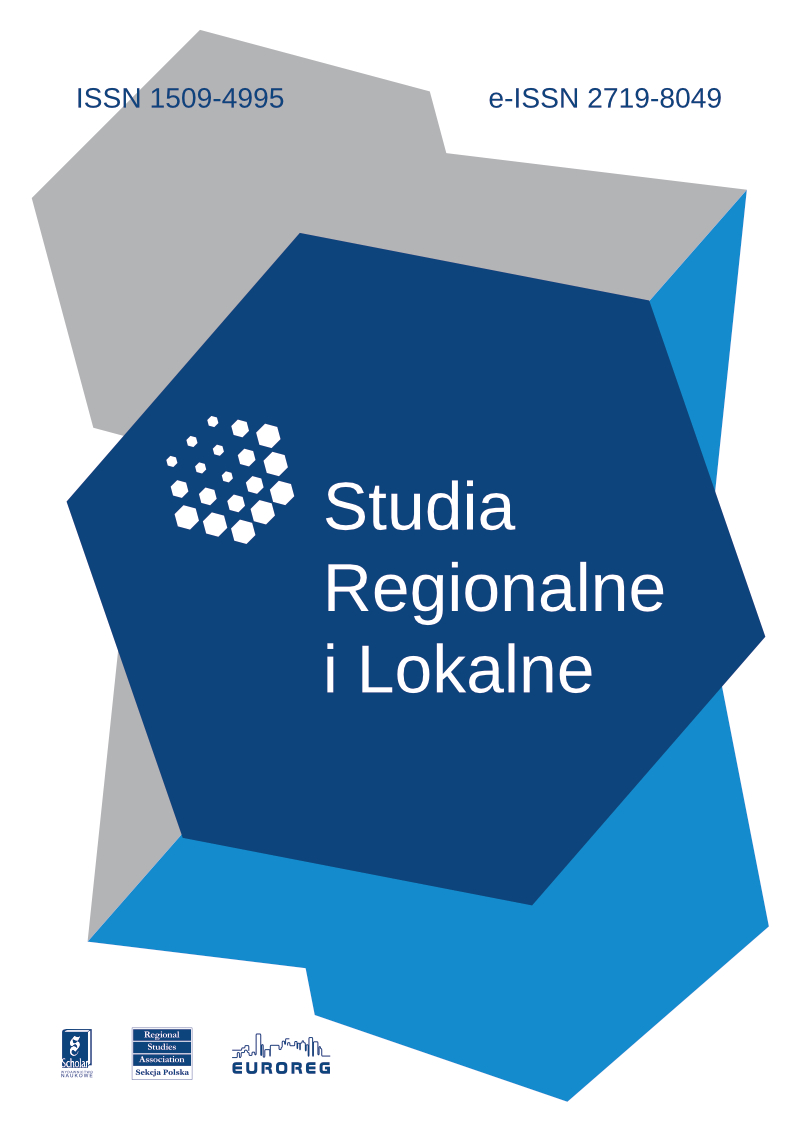Powstanie symbolicznego reżimu miejskiego na przykładzie gry o specjalną strefę ekonomiczną w Mielcu
W Mielcu w pierwszej połowie lat 90. większość istotnych aktorów lokalnych zjednoczyła się wokół idei utworzenia specjalnej strefy ekonomicznej. Nieformalna koalicja osób i instytucji szybko zyskała dostęp do instytucjonalnych zasobów, dających możliwość kontrolowania procesów decyzyjnych, oraz przejęła przewodnictwo społeczne. Młodej koalicji udało się także pozyskać poparcie części ówczesnego rządu. Taki układ, mobilizujący siły w celu wykreowania nowej perspektywy rozwoju, miał większość cech charakterystycznych dla reżimu miejskiego (urban regime) typu symbolicznego. Miarą sukcesu tego reżimu było utworzenie w Mielcu w 1995 r. pierwszej w Polsce SSE. Strefa ta powstała na podstawie uchwalonej w 1994 r. ustawy o specjalnych strefach ekonomicznych, skonstruowanej głównie przez uczestników tego reżimu i noszącej zauważalne piętno problemów miasta.
The Origin of a Symbolic Urban Regime – Case Study of the Special Economic Zone in Mielec
The majority of major local actors of the city of Mielec have united in the idea of creating the Special Economic Zone (SEZ) in the 1st half of 90s. The informal coalition of representatives of various bodies and institutions quickly started to have access to institutional resources, that enabled them to control the decision-making and took over the social leadership. The young coalition managed also to gain the support from the government. Such informal deal was characterised by the most typical features for urban regime of symbolic type and develop to all actors a great mobilisation for finding new progress tendencies of the city. The strength of the coalition and the success of the regime may be measured by the first SEZ in Poland that has been created in 1995 in Mielec. The legal regulations for functioning of SEZs in Poland were developed mainly by participants of this regime having a visible stigma of local city problems.



